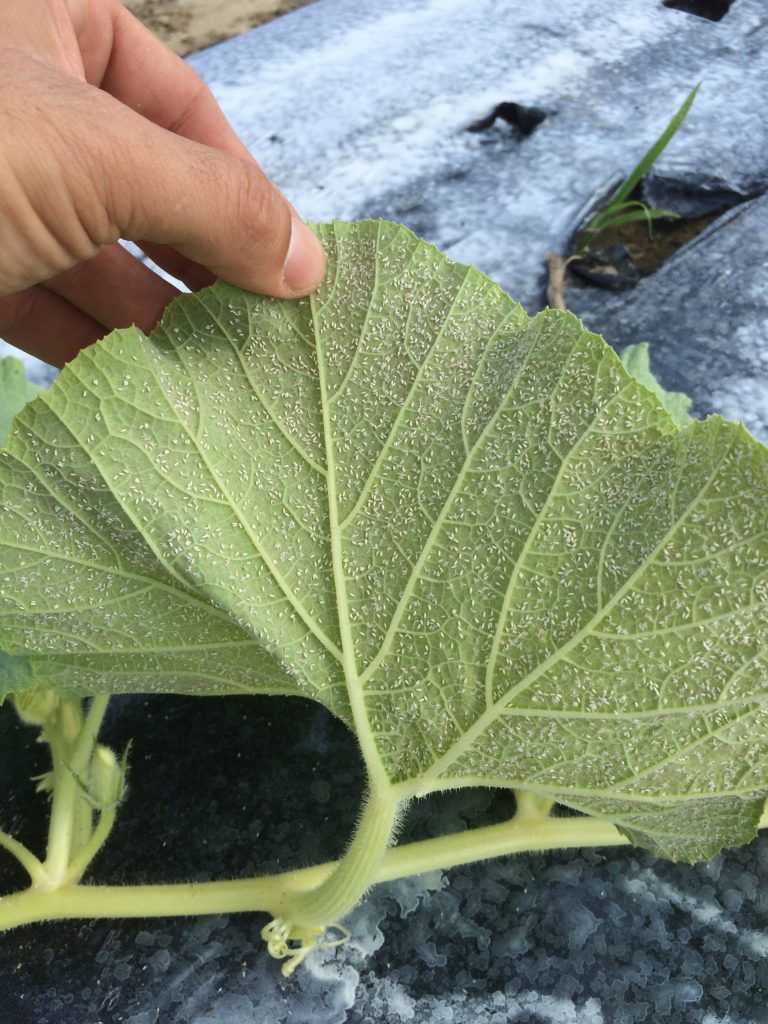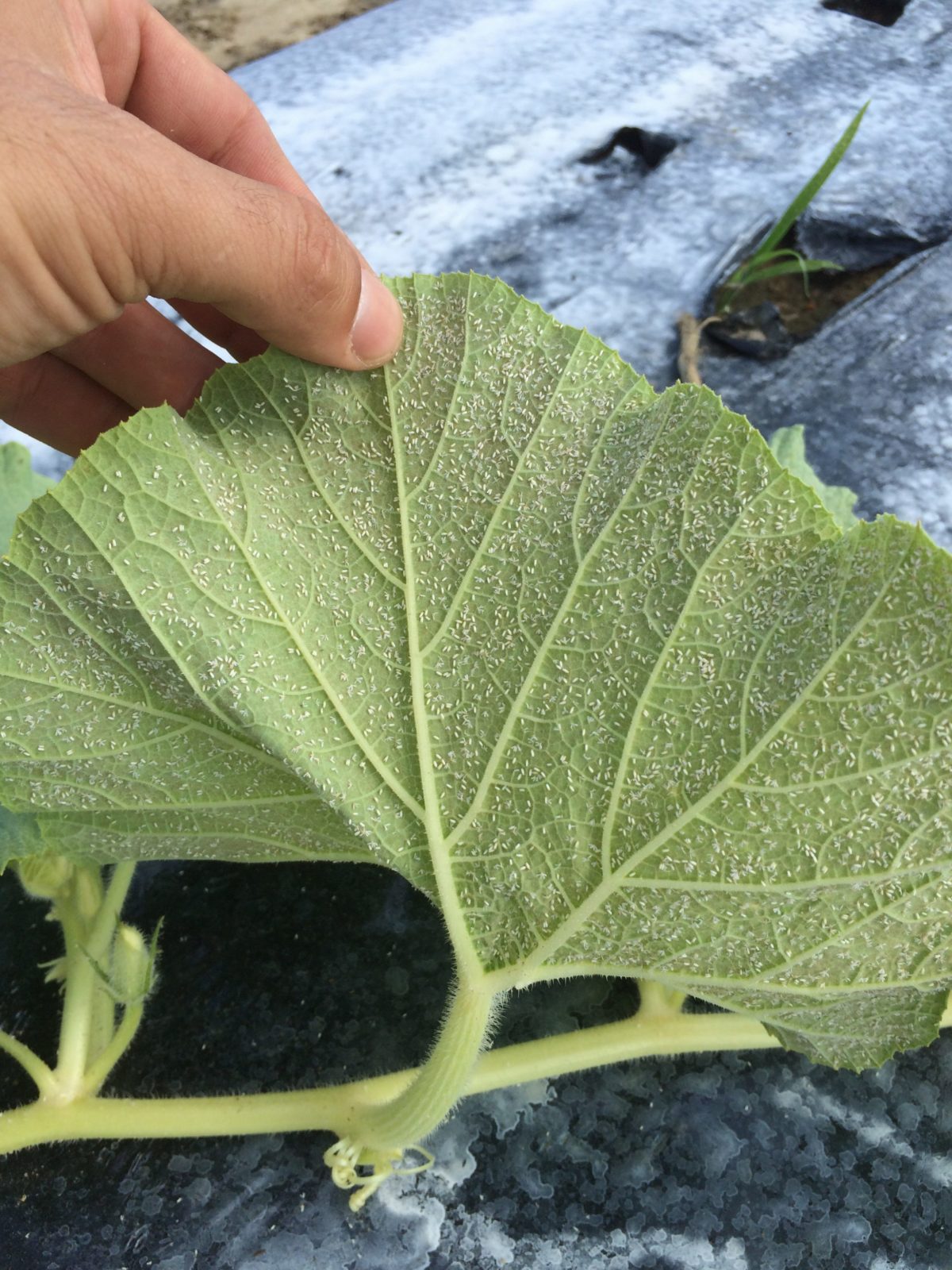
Valent U.S.A. continues to tout Senstar Insecticide as another effective tool in the toolbox for vegetable growers trying to manage whiteflies.
It offers fast and long-lasting control of soft-bodied insects of vegetable and citrus crops. These pests include whiteflies, aphids, thrips and pysillids.
Whiteflies were widespread this year and led to the worst outbreak for Southeast growers since 2017. They continue to pose risks for fall producers, according to Craig Campbell, regional Valent Field Market Development Specialist.
“With these fall crops and brassicas coming in and tomatoes and peppers, (whiteflies are) bad again and getting worse,” Campbell said. “Growers are talking about it and using sprays to try to manage them. They’re bringing in viruses again as well. They’re a real problem again this year.”
Why is Senstar so Effective?
Senstar has two modes of action and provides both translaminar and systemic activity in the plant. This allows Senstar Insecticide to control all stages of the insect’s life cycle.
It is very effective at reaching pests on the underside of the leaves, which are hard to reach with a spray. Its translaminar action means it can move up and down the leaves and manage those pests that feed on the underside.
“Growers need options and they can’t make mistakes. They’ve got to be on their management program, they’ve got to be spot on,” Campbell said. “When Valent released Senstar for Southeast growers this year, vegetable growers and citrus growers, we gave them a new option.
“What we’ve done is we’ve taken two state-of-the-art products and used a very special formulation technology that allows them to be put in the bottle together. When a grower uses them with a good adjuvant for penetration, the products get in the plant; they move up and down the plant through the leaves. They provide consistent control. That’s super important and long lasting control, what a grower really needs.”
Availability Important in 2021
Senstar’s availability all of next season is crucial since whiteflies’ impact in 2021 could be sooner and even more widespread. According to Pam Knox, University of Georgia Extension Agricultural Climatologist, a La Nina weather pattern is expected to last through the winter and early spring. The lack of colder temperatures this winter could allow whiteflies to overwinter on host plants.
Whiteflies can also transmit cucurbit leaf crumple virus and cucurbit yellow stunting disorder virus. According to UGA crop loss estimates for fall 2017, these viruses caused between 30% and 50% of crop loss in squash and cucumbers and nearly 80% of crop loss in snap beans.
Campbell talked about why Senstar is a great tool to use in a rotation.










